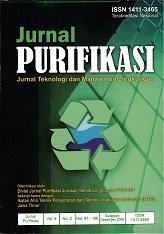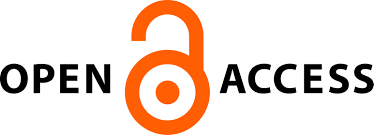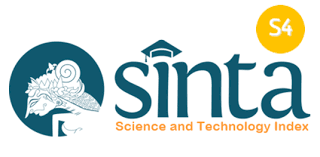PENINGKATAN PRODUKTIVITAS DAN KINERJA LINGKUNGAN DENGAN PENDEKATAN GREEN PRODUCTIVITY PADA RUMAH PEMOTONGAN AYAM
Main Article Content
Abstract
Chicken slaughter industry generates waste water and solid wastes, which are rich in organic component, and known as potential environmental pollutant source. Green productivity should be used for finding a solution to increase the productivity and preservation of natural resources. This research was initiated by identifying the pollutant source, defining the goal and target, and selecting resources and information that were available for creating a green productivity alternative solution in a chicken slaughter house, which was located in the city of Magetan, East Java Province. The alternative green productivity in this research was developed by modifying the waste management and manufacturing device and facilities. Modification of waste water management was carried out by flushing the blood containing waste water into a digester for biogas production. The manufacturing devices and facilities were proposed by applying a technology concept, which eased washing process, created waste pool filter, built catfish breeding tank, and created biogas digester. The selected alternative solution was estimated to be able to increase productivity index from 120.51% to 121.53%. The modification of wastewater management and waste filter production will increase the EPI value from 0.18 to 5.13. The use of selected alternative solution for water consumption could save 6.3 m3 of water a year. Conclusively, using the proposed alternative green productivity pattern, the chicken slaughter house can act as an environment- friendly industry.
Downloads
Article Details
Submission of a manuscript to Jurnal Purifikasi means that the work has never been published in another journal and is not under consideration for publication elsewhere. The author hereby agrees to submit the copyright of the manuscript and its contents to Jurnal Purifikasi, if accepted for publication. Accepted manuscripts will be published in printed form where the ISSN is bound in printed form, not in online form (pdf). Authors are not allowed to publish their work in other forms (journals) without permission from the Jurnal Purifikasi manager.
By submitting a manuscript, the author is deemed to know all the rights and obligations attached to each manuscript.








